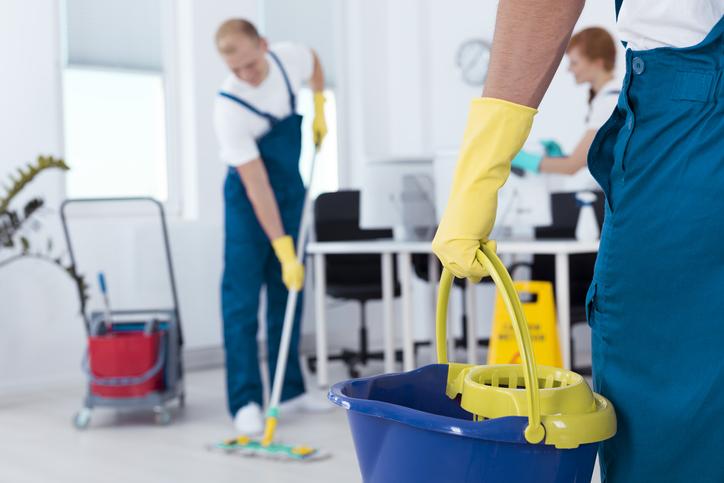
Asbestos, a hazardous material linked to serious health risks like lung cancer and mesothelioma, requires careful handling and asbestos testing to ensure safety. When it comes to asbestos testing, property owners have two main options: using asbestos testing kits or hiring professional services. Each approach has its own advantages and limitations, and understanding these can help you make an informed decision about which is right for your needs.
Asbestos Testing Kits
1. Cost-Effectiveness: Asbestos testing kits are often more affordable than professional services. They can be a budget-friendly option for homeowners who need to test small areas or specific materials. These kits typically include all necessary materials and instructions for collecting samples.
2. Convenience: Testing kits offer a level of convenience as they allow you to perform the sampling yourself at your own pace. You can collect samples from suspected materials without waiting for an inspector to schedule a visit.
3. Simplicity: Many kits come with straightforward instructions, making them relatively easy to use. They generally include tools for sampling and mailing, and some even provide pre-paid envelopes for sending samples to a laboratory.
Limitations:
1. Accuracy: The primary drawback of using a testing kit is the potential for inaccuracies. Collecting samples without proper training can lead to contamination or incorrect handling, affecting the reliability of results.
2. Safety Risks: Sampling asbestos-containing materials without professional training poses health risks. Improper handling can release harmful fibers into the air, leading to exposure.
3. Limited Expertise: Testing kits do not offer the expertise needed to assess the condition of materials, interpret results comprehensively, or provide recommendations for management or remediation.
Professional Asbestos Testing Services
1. Expertise: Certified asbestos professionals are trained to handle and test asbestos-containing materials safely and accurately. They use specialized equipment and techniques to ensure that samples are collected and analyzed properly.
2. Comprehensive Analysis: Professionals conduct a thorough inspection of the property to identify potential asbestos-containing materials before sampling. They also interpret laboratory results in the context of the property’s overall condition and provide expert recommendations for managing or removing asbestos.
3. Regulatory Compliance: Certified professionals ensure that testing and remediation comply with local, state, and federal regulations. This is crucial for meeting legal requirements and avoiding potential fines or legal issues.
Limitations:
1. Cost: Hiring professional services is generally more expensive than using a testing kit. The cost includes the inspector’s fee, sample analysis, and sometimes follow-up consultations.
2. Scheduling: Professional services require scheduling and may involve waiting for an inspector to be available. This could delay the testing process if you need results urgently.
Making the Right Choice
The decision between using an asbestos testing kit and hiring professional services depends on several factors:
Scope of Testing: For extensive or complex testing, or if you suspect widespread asbestos contamination, professional services are likely the better choice. For minor concerns or specific areas, a testing kit might suffice.
Conclusion
Both asbestos testing kits and professional services have their merits, but the choice depends on your specific needs, budget, and concerns about accuracy and safety. While testing kits offer a cost-effective and convenient solution for minor testing, professional services provide comprehensive, reliable results and expert advice for managing asbestos risks. Assess your situation carefully to determine which approach best meets your needs and ensures the safety of your property and its occupants.





